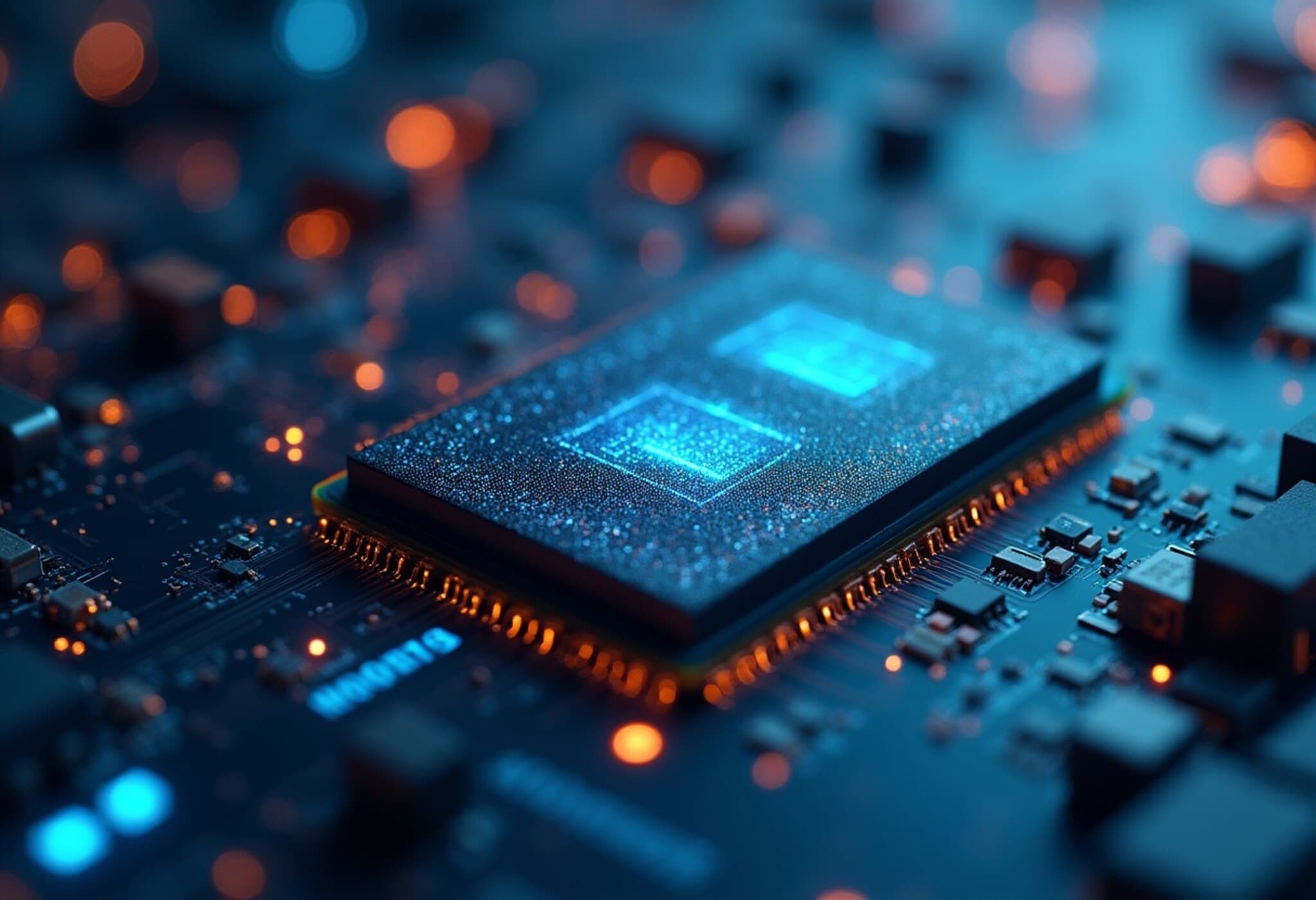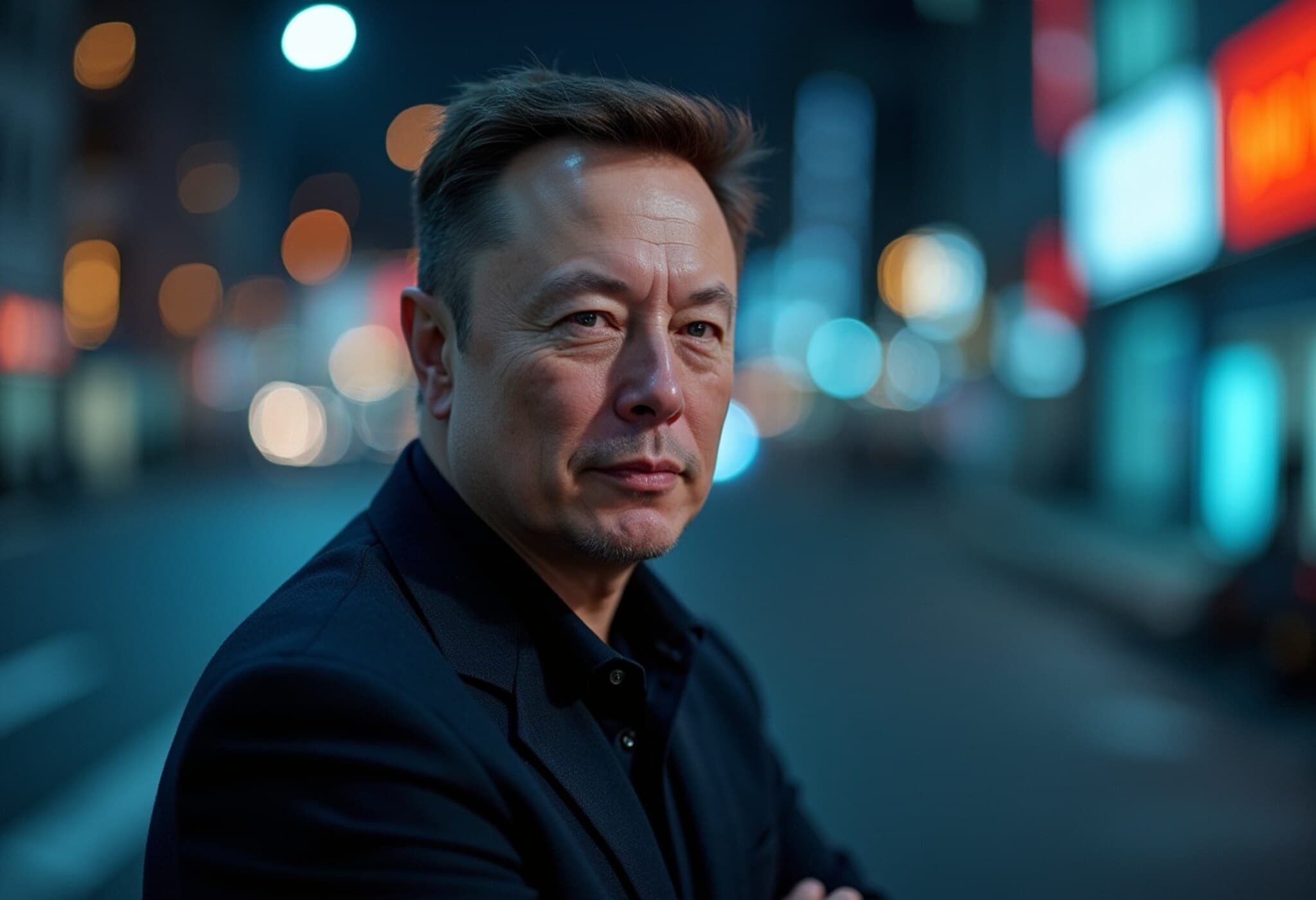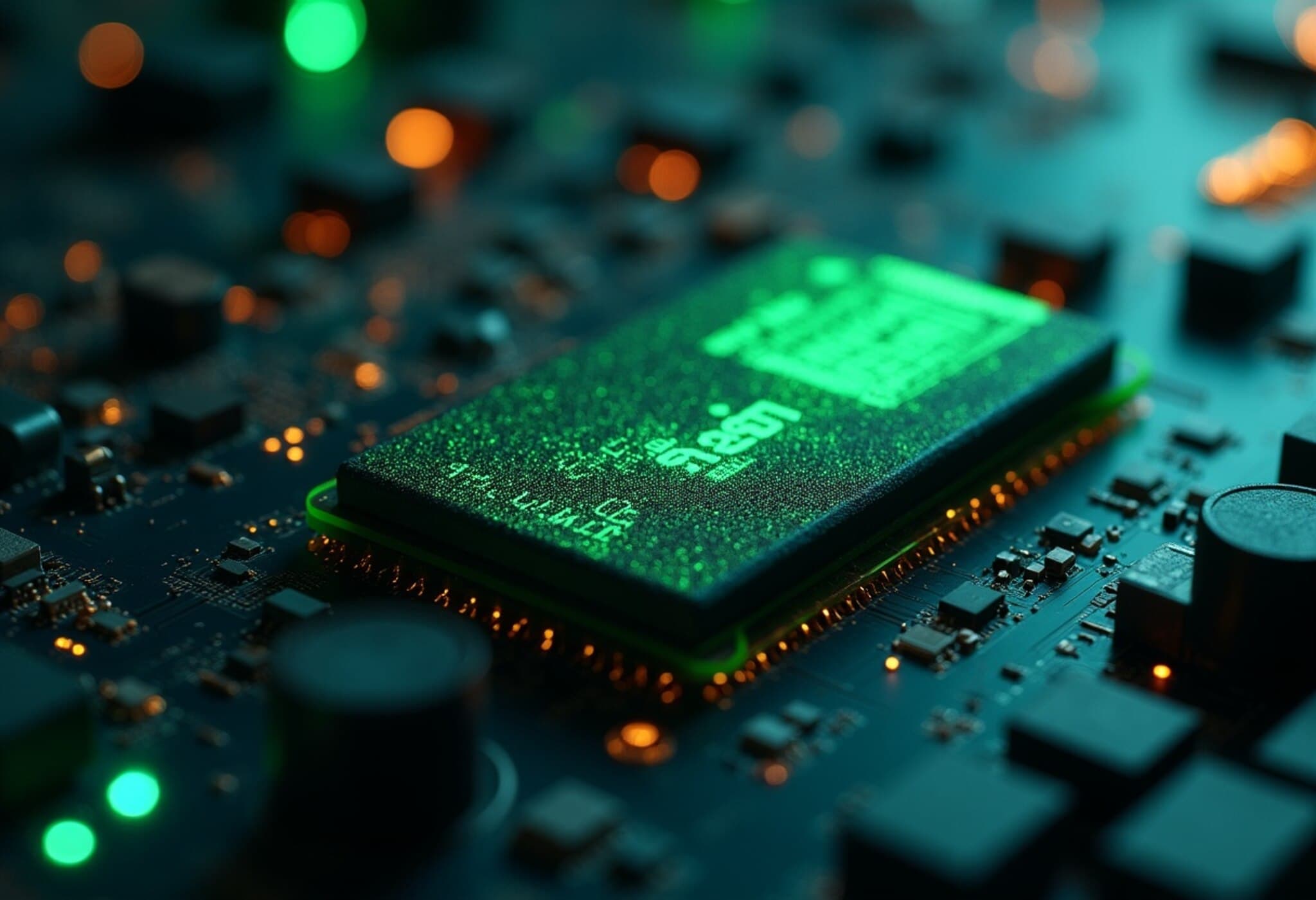Apple's AI Strategy Under Scrutiny as Wall Street Grows Concerned
In a rapidly evolving technology landscape dominated by artificial intelligence (AI), Apple Inc., the world’s most valuable company and iPhone maker, finds itself under increasing pressure from investors and analysts to clarify its AI ambitions. Despite generating an estimated $40 billion in iPhone sales in the recent fiscal quarter, alongside robust growth in its services segment, Apple’s reticence to reveal a comprehensive AI plan has left Wall Street wary about its ability to keep pace with competitors.
The AI Arms Race in Tech
While major tech giants like Alphabet and Microsoft showcase sprawling data centers and AI-driven innovations, Apple has largely held back from broadcasting its AI roadmap. This cautious approach contrasts sharply with OpenAI’s aggressive moves, especially following its acquisition of famed Apple design veteran Jony Ive’s startup IO for a staggering $6.5 billion. OpenAI’s CEO Sam Altman has signaled intentions to launch new AI-powered hardware, hinting at a future where AI devices could challenge the smartphone's dominance.
Investor Concerns and iPhone Sales Impact
Apple's stock is down over 15% in 2025, marking it as one of the weaker performers among the elite 'Magnificent Seven' tech heavyweights. Analysts warn that the lack of a clear AI strategy might undermine consumer enthusiasm for the iPhone—a product category that remains the backbone of Apple’s revenue. TD Cowen’s Krish Sankar noted that while the AI strategy challenge looms large, Apple arguably has around 18 months to deliver a compelling solution before consumer sentiment might shift significantly.
Current Strengths and Apple's Competitive Moat
Fortunate for Apple, its ecosystem creates a powerful lock-in effect. The seamless integration across iPhones, Macs, Apple Watches, and services keeps customer loyalty high. Deepwater Asset Management founder Gene Munster highlights that the solid sales of these products and the absence of a breakthrough AI feature from Android rivals means Apple is not immediately threatened. He suggests that while AI-driven shifts in tech leadership are inevitable, they won’t overshadow smartphones in the next couple of years.
Missed Opportunities with 'Apple Intelligence'
Last summer, Apple introduced 'Apple Intelligence'—a suite of features including AI-powered email summaries, emoji image generation, and a refreshed Siri interface. However, the eagerly awaited advanced Siri upgrade was postponed until 2026. Initial market hopes that these AI features would spark a 'super cycle' of iPhone upgrades failed to materialize, signaling a disconnect between Apple’s AI rollout and consumer excitement.
Emerging AI Competitors and Future Challenges
Looking ahead, Apple confronts AI competition from two fronts: Android devices enhanced with Google’s Gemini AI platform, and next-gen AI hardware with novel, screenless interfaces such as smart glasses and voice-first gadgets. Google’s latest Android OS integrates Gemini deeply, enabling users to ask AI assistants to manage apps in ways that Siri currently cannot match.
Yet Google CEO Sundar Pichai acknowledges the smartphone will remain central to consumer experiences for at least the next two to three years, lending Apple a critical window to innovate.
Industry Expert Opinions
Needham analyst Laura Martin voices concerns that Apple trails competitors like Google by one to two years in AI development. She warns that as Android’s AI features outpace Apple’s, iPhone users might eventually migrate to ecosystems offering richer AI experiences.
Jony Ive’s Role and OpenAI’s Hardware Ambitions
The addition of Jony Ive to OpenAI’s hardware efforts represents a significant challenge. Ive’s legacy includes iconic Apple products like the iPhone and Apple Watch, which reshaped consumer tech. OpenAI aims to unveil its device next year, with shipments potentially starting in 2026. Yet manufacturing hardware at scale remains a formidable hurdle.
Looking Back & Forward: Lessons from the iPhone Launch
Apple’s original iPhone debuted in 2007 as a niche product with modest sales. Over a few years, it revolutionized mobile technology, overtaking competitors like Nokia and Blackberry. This historical perspective offers hope that Apple can similarly reinvent itself amid AI disruptions—if it acts decisively.
Editor’s Note
As artificial intelligence accelerates toward mainstream adoption, Apple stands at a crossroads. Its unparalleled ecosystem and loyal user base offer resilience, but the clock is ticking. Will Apple seize this generational shift, or will emerging AI innovators chip away at its smartphone dominance? Investors and consumers alike should watch closely how Apple balances innovation secrecy with strategic transparency in the months ahead.



















